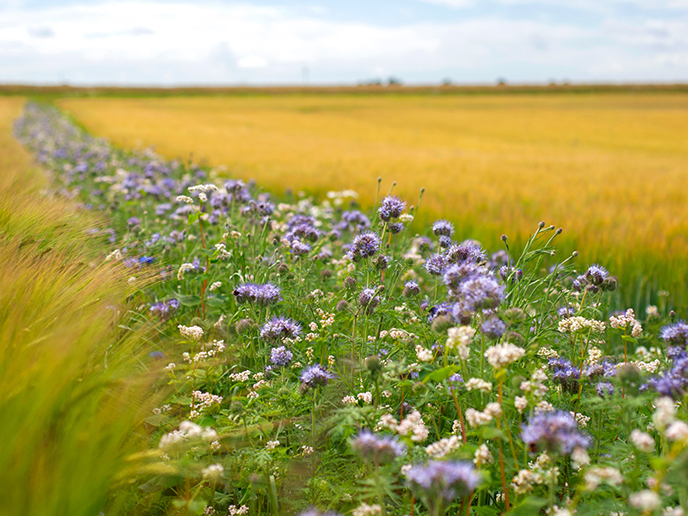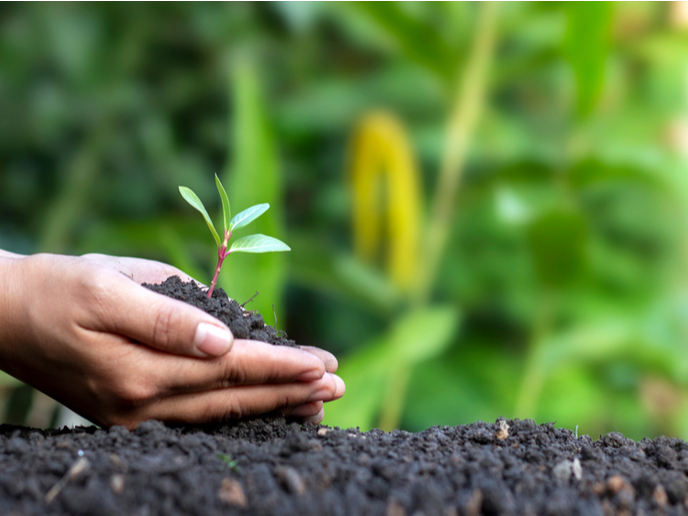Quantifying the ecological practices that can make farming more sustainable
Agriculture accounts for 13 % of the EU’s total greenhouse gas emissions. Ecosystem-based farming puts a priority on low-impact land management and maintaining biodiversity, and can make an important contribution to achieving our climate goals. “Ecological practices are low-input or environmentally friendly practices,” explains Laure Latruffe, a researcher at INRAE, France’s National Research Institute for Agriculture, Food and Environment. “As such, ecological practices can help achieve sustainable farming.” With the support of the EU-funded LIFT (Low-Input Farming and Territories – Integrating knowledge for improving ecosystem-based farming) project, Latruffe is leading an effort to better understand the potential benefits of ecological farming and how best to promote its uptake. “The project is taking a comprehensive approach in order to cover the widest range of ecological practices possible,” adds Latruffe. “This includes such existing nomenclatures as organic and agroecological farming, along with identifying potentially new approaches.”
Driving ecological farming
The overall goal of the project is to identify and understand the main drivers behind the development of ecological farming. The project also aims to assess the sustainability of ecological practices. To do this, researchers are conducting over 30 case studies across Europe, each focusing on different approaches within different contexts. There are case studies being conducted on everything from arable, livestock and mixed farming to such specialisations as dairy, beef cattle, cereals, fruit and vegetables, orchards and olives, to name a few. “These case studies reflect the enormous variety in the EU’s agricultural sector, not only in crop type, but also in the many different socio-economic and environmental conditions that impact the sector,” remarks Latruffe.
Supporting EU priorities
Although still in their early stages, Latruffe is confident that the case studies will help inform and support EU priorities relating to promoting sustainable agriculture. “The case studies have already allowed us to elaborate on different farm typologies, which classify farms having similar ecological practices,” notes Latruffe. Using these typologies, researchers will develop several user-friendly tools, including one that can assign farms to ecological types. The project also plans to develop an adoption tool for projecting how various ecological farming practices could be adopted in a specific region or country. Furthermore, work is being done to launch a massive open online course, or MOOC, on using LIFT’s methods and results. “Our research and results will provide a complete picture of ecological farming – including benefits and challenges – as compared to more conventional approaches to agriculture,” concludes Latruffe. “In doing so, we will identify critical paths forward for adopting best practices in sustainable agriculture.”
Keywords
LIFT, agroecological, farming, sustainable, agriculture, ecological farming, sustainable farming, biodiversity, farm







